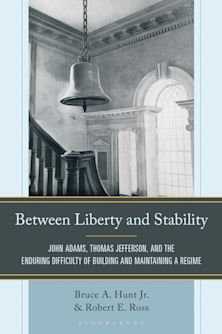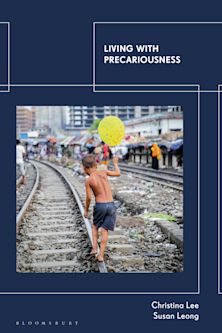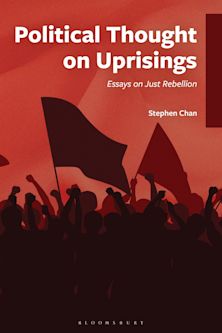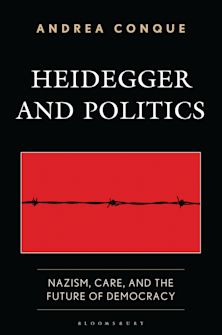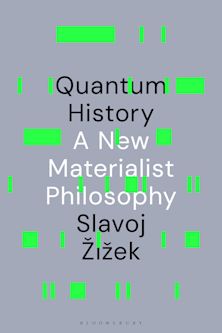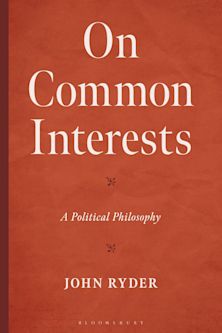- Home
- ACADEMIC
- Politics & International Relations
- Political Theory and Philosophy
- From Ideology to Nostalgia
From Ideology to Nostalgia
Excursions with Arthur Koestler and Sándor Márai
From Ideology to Nostalgia
Excursions with Arthur Koestler and Sándor Márai
This product is usually dispatched within 2-4 weeks
- Delivery and returns info
-
Flat rate of $10.00 for shipping anywhere in Australia
You must sign in to add this item to your wishlist. Please sign in or create an account
Description
The Hungarian literary tradition teems with a myriad of works that can contribute significantly to our political knowledge. Politics and literature as an interdisciplinary focus pays little attention to the works of Hungarian authors. Based on this perception, From Ideology to Nostalgia: Excursions with Arthur Koestler and Sándor Márai intends to show that specific novels written by Hungarian authors have significant value from the perspective of political theory. Miklós Bálint Tóth examines works which provide a thorough understanding of problems related to the notion of political order. In three case studies, Tóth analyzes Arthur Koestler's Darkness at Noon, Sándor Márai's Ítélet Canudosban (Judgement in Canudos), and another novel by Márai’s Szindbád hazamegy (Szindbád Goes Home), focusing on political phenomena such as ideological thought, the dynamics between order and rebellion, and nostalgia.
Table of Contents
Chapter 2 The Anatomy of Ideology
Chapter 3 The Possible Motives of Motiveless Rebellion
Chapter 4 There Is, There Used to Be, There No Longer Is: The Political Quality of Nostalgia Conclusion
Product details
| Published | 05 Feb 2025 |
|---|---|
| Format | Hardback |
| Edition | 1st |
| Extent | 166 |
| ISBN | 9781666966350 |
| Imprint | Lexington Books |
| Dimensions | 229 x 152 mm |
| Series | Politics, Literature, & Film |
| Publisher | Bloomsbury Publishing |
About the contributors
Reviews
-
Literature does more than entertain. If done well, it has a unique ability to address the complexity of human thought in ways that foster mutually beneficial linkages among competing political perspectives and mentalities. Exploring case studies of three contemporary 'imaginative texts' from Hungary - Arthur Koestler's Heart of Darkness, Sándor Márai’s Judgement in Canudos (Ítélet Canudosban) and Szindbád Goes Home (Szindbád Hazamegy) – this book demonstrates the power of combining modern scientific method with literary studies using the methodological approach of New Criticism. It further illuminates the linkages between ideology and ideological mentality; the juxtaposition of the mutually exclusive desires for order and beneficial change within every society; the emotional attraction of nostalgic remembering in communities; and the need for more flexible and inclusive uses of language within political dialogue. Equally important: it challenges western audiences to read more non-English (politically informative) literature, all while exploring the power of combining quantitative data with qualitative political analysis. Arguing that there can be no rigid separation of the real and the imaginary within politically active communities, it thus highlights the ability of literature to serve as a restorative, intellectual compass, which hosts the power to bring unexpected consistency to the irrationality of political dialogue and/or foster mutual understanding between estranged groups.
Carol Strong, University of Arkansas

ONLINE RESOURCES
Bloomsbury Collections
This book is available on Bloomsbury Collections where your library has access.















